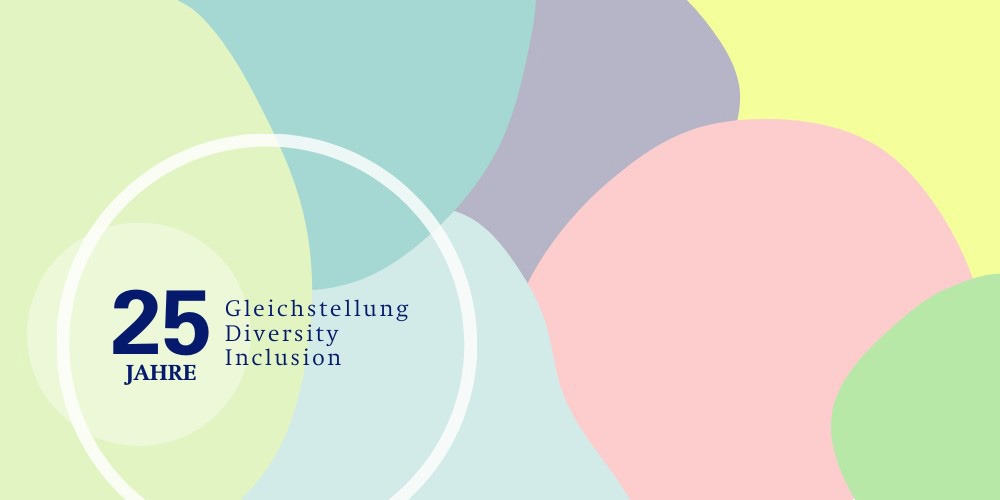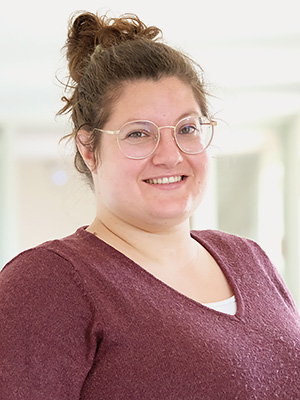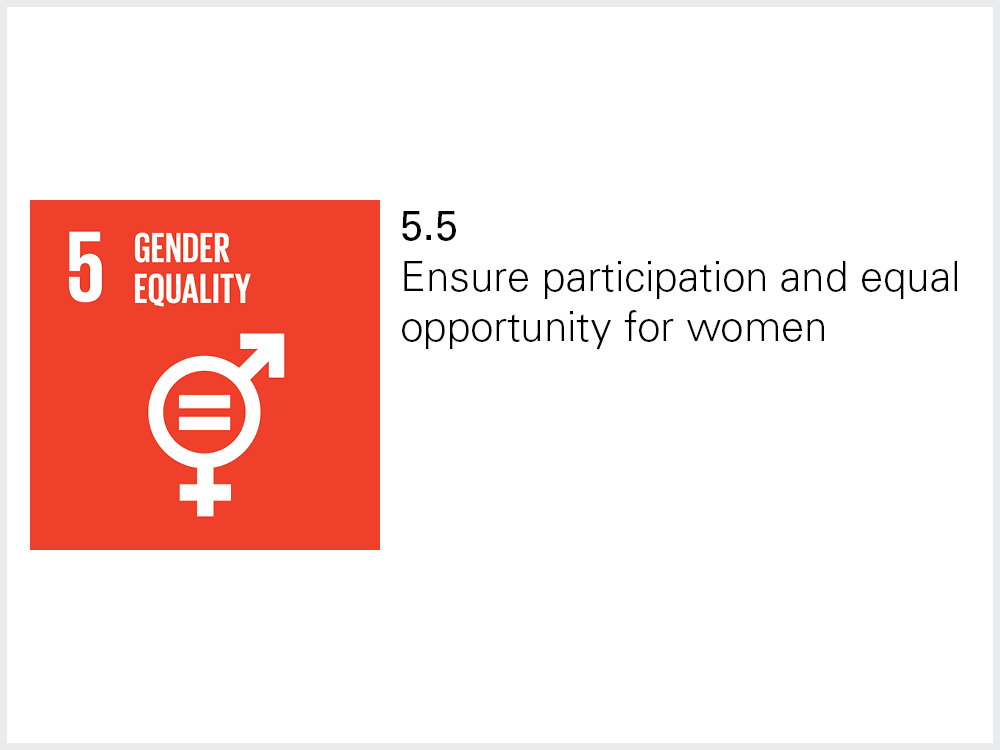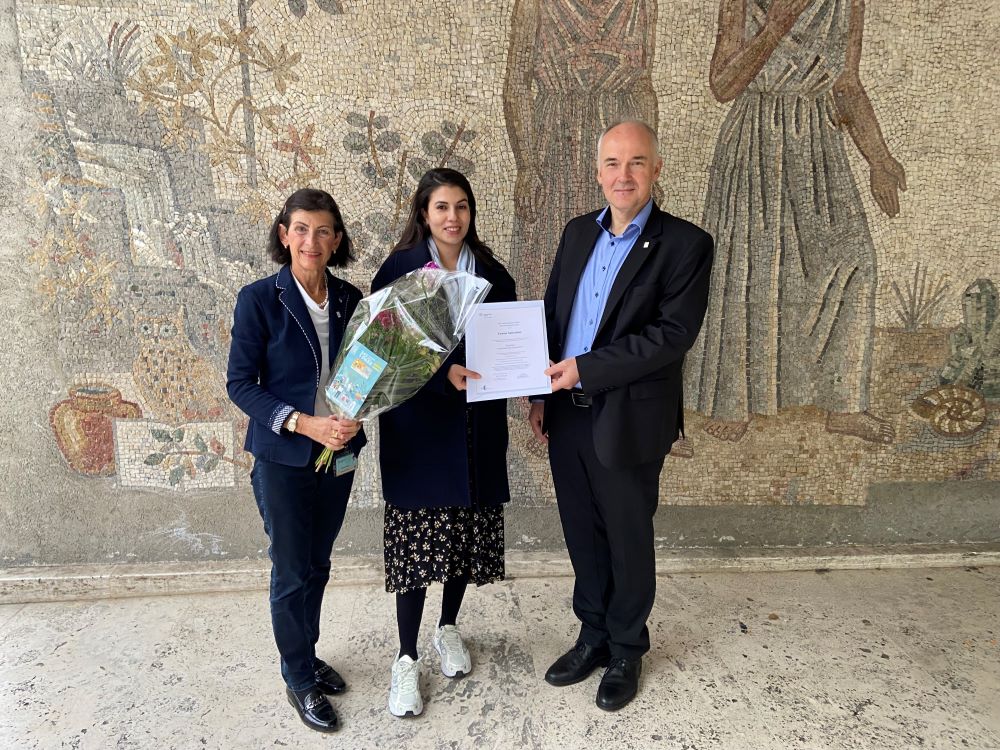Diversity & Inclusion

The University is consistently pursuing its efforts to be an equality-oriented, non-discriminatory and barrier-free university - and has been doing so for 25 years, in line with societal requirements.The newly established Coordination Office for Refugees at the University of Basel is much younger.
In the fall of 2023, the Diversity & Inclusion Office celebrated its 25th anniversary. The successes were recorded in an anniversary website. In addition, as part of the Diversity Talks! event series, the presentation "Between diapers and science. How compatibility becomes a management task", the results of the Leaders for Equality study were presented and the topics of compatibility and leadership were placed in a common context.
In May 2023, the university also set up a Coordination Office for Refugees to promote the admission of highly qualified refugees who wish to continue or complete their academic education in Switzerland. In 2024, over 200 inquiries have been processed.

The new Coordination Office for Refugees has been promoting the admission of highly qualified refugees since May 2023. In many cases, decisive agreements and support options have been reached with social welfare and scholarship offices.
Anna Meier, Responsible Coordination Office for Refugees
The university's ongoing commitment is based on the Strategic Position Equal Opportunity, Diversity & Inclusion 2022-2030.
Equal opportunity
The University of Basel has appointed more women to professorships in the last two years than ever before. The proportion of female professors at the end of 2024 was therefore just under 32%, five percentage points above the result at the end of 2022. It should be emphasized that there has been an increase at all four professorship levels. This also confirms the long-term effectiveness of the appointment and promotion processes. The first goal of the University of Basel's Strategic Position Equal Opportunity, Diversity & Inclusion 2022-2030, to appoint more women, continues to be given great importance.
The proportion of women in assistant professorship positions, with and without tenure track, is 56% (38 women and 30 men, of which 16 women and 14 man are assistant professors with tenure track). A proportion of women of over 50% is a prerequisite for achieving changes in favor of equality at the higher career levels, which are reached through promotions.
In addition, the H.I.T. leadership program for female professors, which was previously co-financed by the federal government and successfully established, will be continued in cooperation with all Swiss universities and ETH by decision of the Rectorate. Former graduates are now also working in faculty management positions at the University of Basel.
Inclusion: Students Without Barriers – Further development of the offerings
The number of inquiries and consultations from students with disabilities has been increasing for years. In order to further develop best practice in compensating for disadvantages, the service point Students Without Barriers (StoB) has intensified its exchange with the faculties and is also represented at national level in a panel of experts that is developing nationwide recommendations. With an information stand as part of the nationwide Disability Rights Action Days, StoB has made its advisory services visible to a wider public.
International Office: Certificate of Intercultural Competence
Intercultural competencies are regarded as a key qualification in the global higher education and research system. Accordingly, it is a strategic goal to support university members at all levels through training programs, enabling them to act appropriately and effectively in intercultural contexts. In the meantime, several university staff members have successfully completed the Certificate of Intercultural Competence for administrative, laboratory, and technical personnel and were able to receive their certificate with the Eucor label at the International Office.



